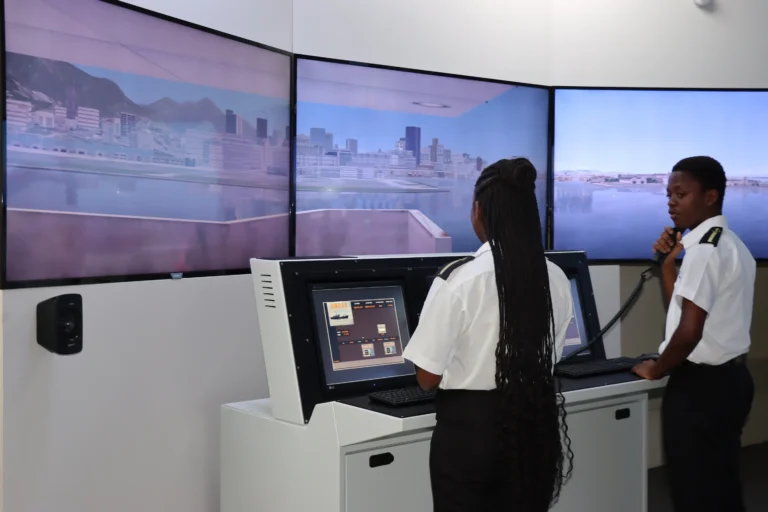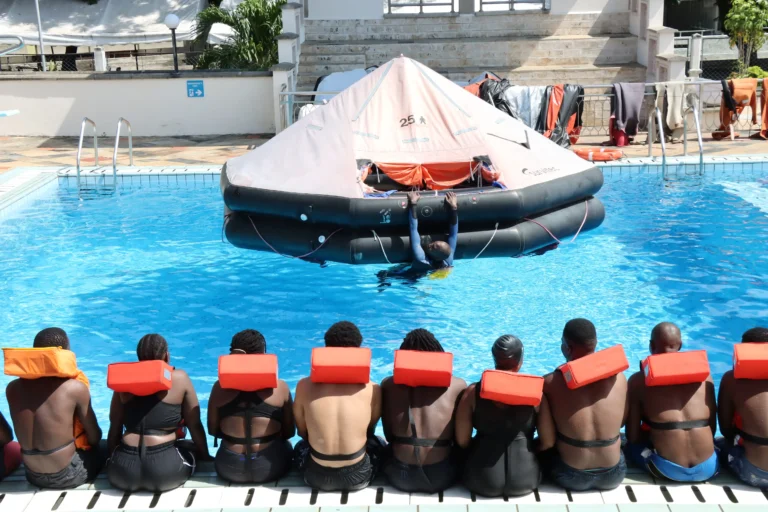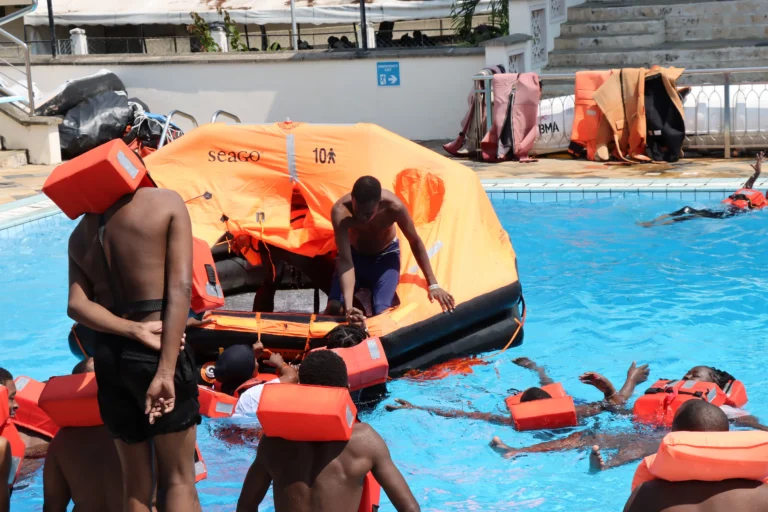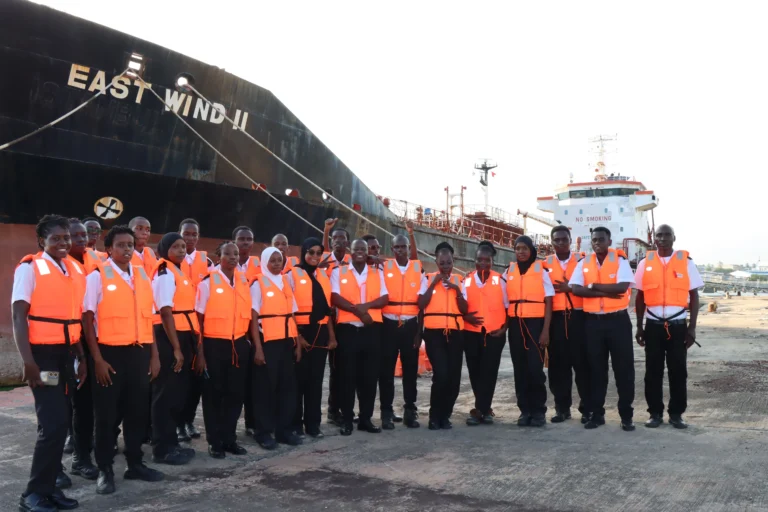Sea time is the total time spent working on a vessel at sea, which is not standstill and is actively sailing for cargo transportation. It may differ from country to country depending on the interpretation of the minimum qualification requirements, which is drawn as per the STCW convention (Standards of Training, Certification, and watchkeeping for seafarers) 2010 guidelines. It is an essential metric for career advancement in the merchant navy or the maritime industry as a whole.
After acquiring sea time on a certain vessel, a sea time certificate is issued which must bear the ship’s official seal and the master’s signature to be considered valid. Retaining all your certificates is essential, as they are required for Certificate of Competency (COC) exams, whether you’re aiming to become a deck officer or an engineering officer.
The certificate hold information such as the name and official number of the ship, gross tonnage (GT) of the vessel, date of service (from sign on to sign off), engine type and specifications, including horsepower, total number of days worked, categorized as coastal, inland, or river waterways, description of duties performed onboard, watchkeeping responsibilities, average number of hours worked per day (minimum of 8 hours) and remarks on conduct and professionalism.




Effective onboard training is not just a regulatory requirement but a strategic investment in the future of maritime operations. Some schools offer onboard training to their students as they take their initial sea time for cadetship. Its important for:
Roles for deck and engine officers on board:
Deck officers: Their main roles are navigating and monitoring the ship’s position, overseeing cargo operations, and conducting safety drills and operations.
Engine officers: Maintenance and repair of ship’s engine and machineries, manage fuel consumption and oversee onboard electrical systems.
Marine education and training is still advancing thus facing many challenges such as lack of training facilities most importantly a training vessel and inadequate trained and experienced maritime lectures.
Few signed MOUs with ship registries rendering our certificates unrecognizable by many shipping companies leading to lesser recruitments of seafarers especially officers from Kenya.
CONTACT
Admissions: +254709665011
Office: +254709665000
Admissions: admissions@bma.ac.ke
Office: info@bma.ac.ke
P.O Box 99469 – 80107 – MOMBASA
Copyright © 2025 Bandari Maritime Academy